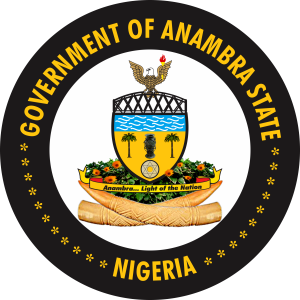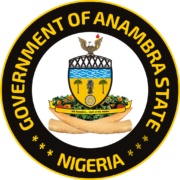- +2348084141850
- Today: 08.00 to 16.00
Contact Us Now
Contact Info
- Jerome Udorji Complex, State Secretariat, Awka, Anambra State
- +2347084141850
- moe@anambrastate.gov.ng
Administrative Department - Anambra Ministry of Education
- Home
- Administrative Department

01Jun’21
The Administrative Department in a State Ministry of Education plays a vital role in coordinating and supporting the overall functioning of the ministry. Its functions encompass a wide range of administrative tasks that ensure efficient operations, communication, and coordination within the education sector. Here are some common functions of the Administrative Department in a State Ministry of Education:
**Human Resource Management:** Handling recruitment, selection, placement, and management of ministry staff, including administrative personnel, educators, and support staff.
**Records and Document Management:** Organizing and maintaining official records, documents, and correspondence related to the ministry’s activities, policies, and decisions.
**Office Management:** Overseeing the day-to-day operations of the ministry’s offices, including scheduling, logistics, and office supplies management.
**Communication and Correspondence:** Managing internal and external communication, including drafting official letters, memos, and announcements on behalf of the ministry.
**Coordination of Meetings:** Organizing and coordinating meetings, workshops, and conferences involving ministry officials, stakeholders, and partners.
**Data Entry and Reporting:** Entering data, generating reports, and providing administrative support to various departments within the ministry.
**Information Dissemination:** Distributing information, circulars, and updates to relevant stakeholders, including schools, educators, parents, and the public.
**Public Relations:** Managing the ministry’s public image and handling media inquiries, press releases, and public relations initiatives.
**Event Planning:** Planning and organizing events, ceremonies, and functions related to the education sector, including award ceremonies and educational campaigns.
**Travel Coordination:** Arranging travel and accommodations for ministry officials and staff attending conferences, workshops, and official visits.
**Budget and Financial Administration:** Assisting in budget preparation, financial tracking, and coordination with the finance department for budgetary matters.
**Office Technology and Equipment:** Managing technology resources, office equipment, and ensuring their proper functioning.
**Coordination with External Agencies:** Liaising with other government agencies, educational institutions, non-governmental organizations, and other stakeholders on administrative matters.
**Public Inquiries:** Addressing inquiries and requests from the public, including parents, students, educators, and community members.
**Confidentiality and Privacy:** Ensuring the confidentiality and security of sensitive information and data related to the ministry’s operations.
**Policy Implementation Support:** Assisting in the implementation of policies and programs initiated by other departments within the ministry.
**Filing and Archiving:** Ensuring proper filing, archiving, and retrieval of documents and records in accordance with established procedures.
**Stakeholder Engagement:** Engaging with stakeholders such as parent associations, community groups, and other education-related organizations.
**Administrative Support to Officials:** Providing administrative support to senior officials, including scheduling appointments, managing calendars, and assisting with administrative tasks.
**Conflict Resolution:** Assisting in resolving administrative conflicts, disputes, and issues that may arise within the ministry.
In summary, the Administrative Department plays a central role in facilitating the smooth operation of the State Ministry of Education by handling various administrative functions that support effective communication, coordination, and organizational management.
